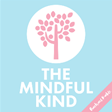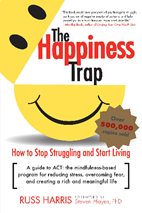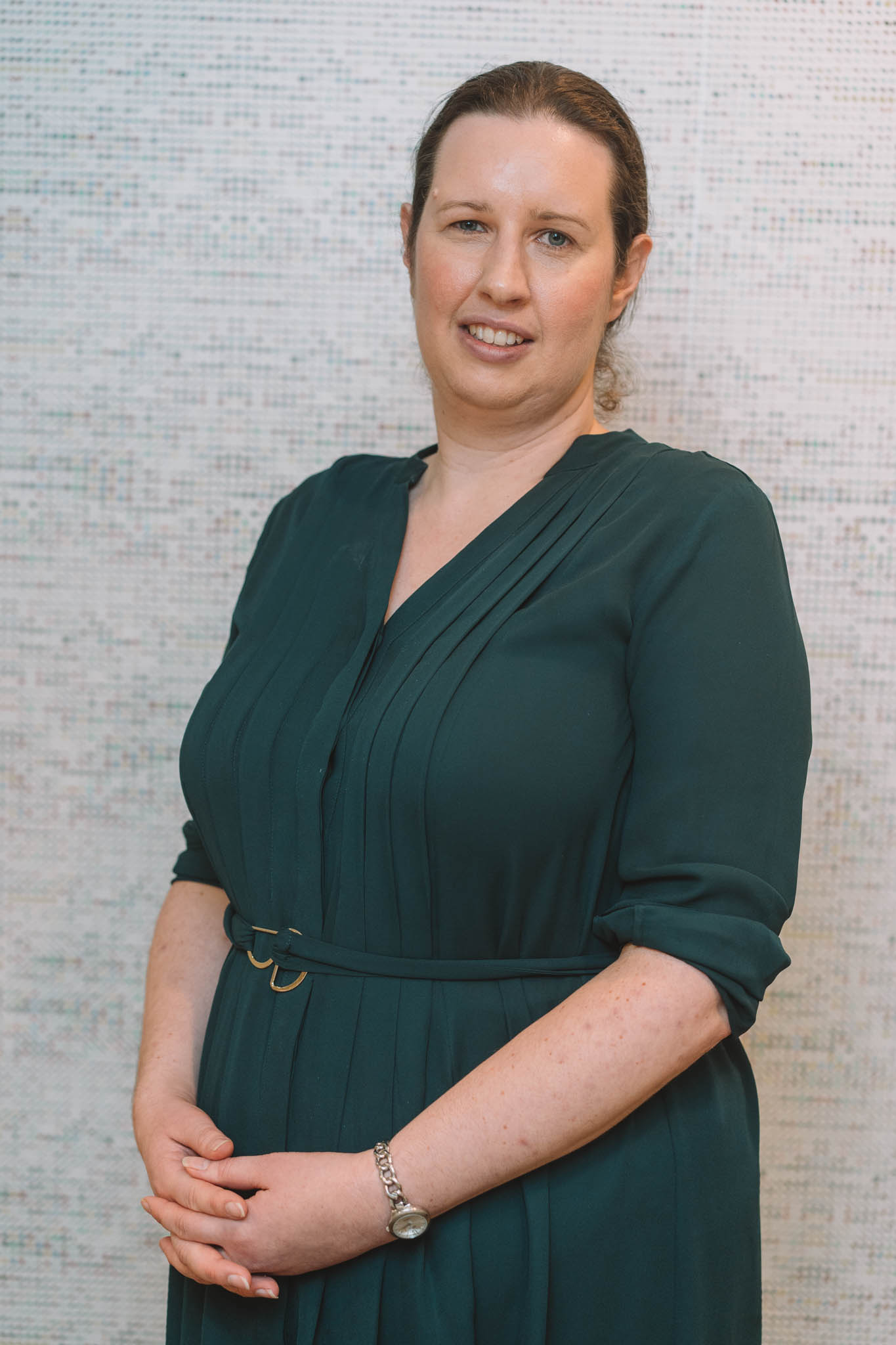Welcome to your MCI Wellbeing Blog for June!
This month we are talking about mindfulness – what it is and how it can help you.
What is Mindfulness?
It’s so easy to get caught up in our thoughts and feelings then give ourselves a hard time about them. We become anxious that we did the wrong thing or said the wrong thing. We feel ashamed for our behaviour and wish we had done things differently. We get so caught up in our feelings that we become unable to take action. Usually when we are angry or upset or scared, we just react without even thinking about the effect that it will have on someone else or even ourselves. Being mindful allows us the space to take a break, collect our thoughts and decide what to do next.
Mindfulness means being aware of what you are thinking and feeling, but not reacting to it. This includes not judging the thought as being good or bad. It’s being in the present moment without worrying about the future or dwelling on the past. Dan Harris (author of 10% Happier) defines mindfulness as “the ability to know what’s happening in your head at any given moment without getting carried away by it”.
Mindfulness Benefits
Research has identified several benefits associated with mindfulness practices. A few examples include:
- - Reduced rumination
- - Stress reduction
- - Improved working memory
- - Less emotional reactivity
- - Cognitive flexibility
- - Relationship satisfaction
(American Psychological Association, 2021)
Mindfulness In Action
Mindfulness can be practiced both in the moment that you feel overwhelmed, triggered or stressed and on a regular basis. The more you practice mindfulness, the more you re-train your brain to go down the path of awareness rather than reaction. Here are 3 ways to practice mindfulness:
1. Five Senses Exercise – helpful for grounding yourself when you need to.
- - What are 5 things you can see? Look around you and notice 5 things you haven’t noticed before. Maybe a pattern on a rug or light reflecting on the wall.
- - What are 4 things you can feel? What can you feel in the present moment - is it the pressure of the seat on your back or the temperature on your skin? You may like to pick up an object and notice its texture, size and weight.
- - What are 3 things you can hear? You may begin to notice the background noises you had originally filtered out, like the sound of distant traffic or the hum of a refrigerator.
- - What are 2 things you can smell? They may be pleasant like flowers or coffee or unpleasant like overflowing trash.
- - What is 1 thing you can taste? Have a sip of your drink or a bite of a snack and simply notice how your mouth tastes. You could even ‘taste’ the air and notice the sensation on your tongue.
(Therapist Aid, 2015)
- 2. How to Practice Mindfulness:
"What is going on with me right now?"
“How do I feel at the moment?”
“What am I thinking about?”
You can label your thoughts and feelings and let them go. You may start to feel more of an observer instead of someone reacting to thoughts and feelings. (Health Direct, N.D).
Resources:

- Podcast: The Mindful Kind
A top-rated mindfulness podcast hosted by Rachael Kable discussing topics like mindfulness, stress management and better mental health with the use of simple and effective practices.

- Book: The Happiness Trap: How to Stop Struggling and Start Living
An informative book that uses a mindfulness based approach to help reduce stress, overcome fear and create a rich, full, and meaningful life (from book cover, Russ Harris, 2008).

- App: Smiling Mind
A free mindfulness meditation app developed by psychologists and educators to help bring balance to your life. Includes daily meditation and mindfulness exercises. Helps you to look after your mental health. (Smiling Mind) Available from the App Store.
If you would like to talk to a MCI Wellbeing officer, please click below:
All the best!

Disclaimer:
The information provided is not intended to be a substitute for professional medical advice, diagnosis or treatment. Never disregard professional medical advice, or delay in seeking it, because of something you have read in this Newsletter. Never rely on information in this Newsletter in place of seeking professional medical advice.
.png?width=113&name=MCIinstitute_RGB_Color_Black-01%20(2).png)



